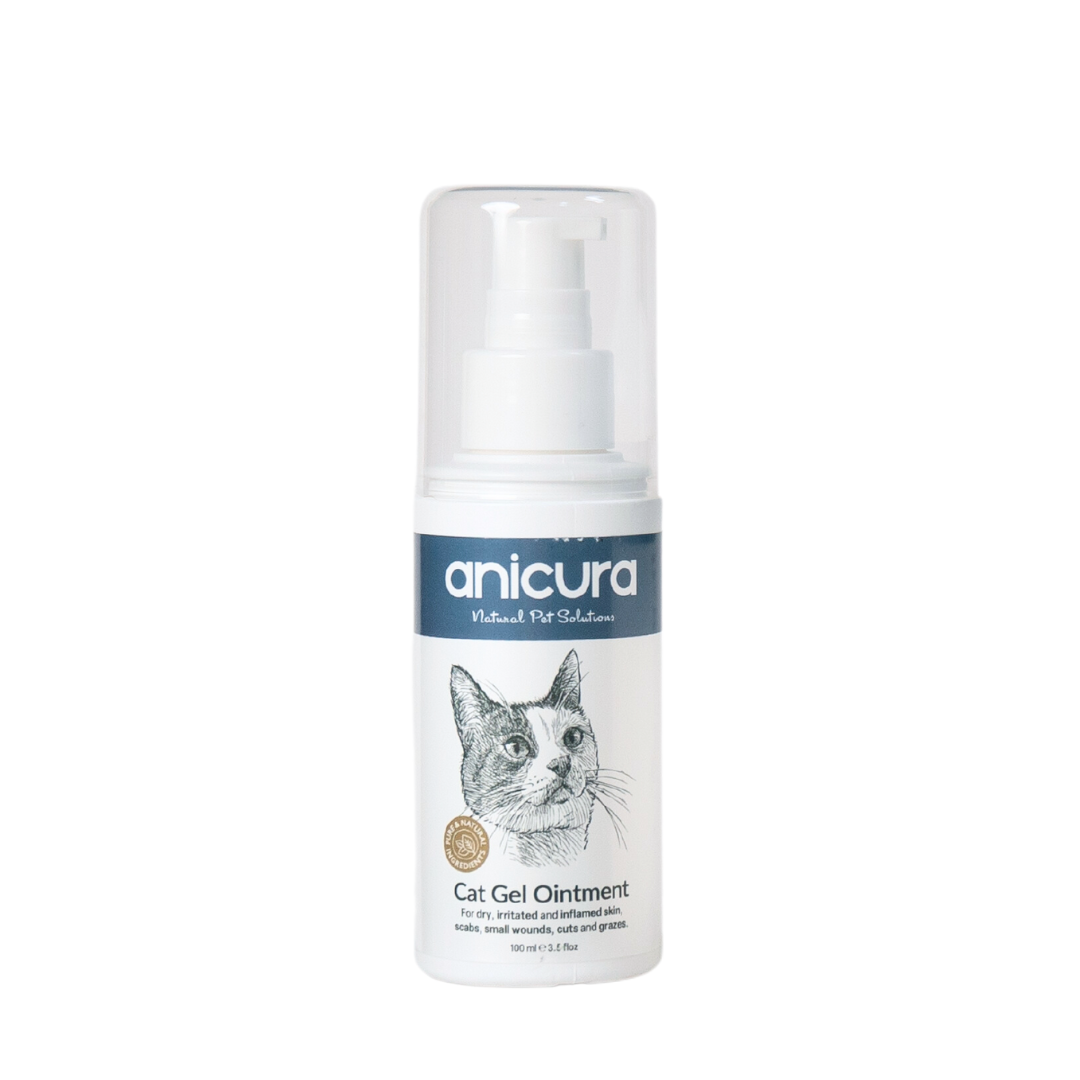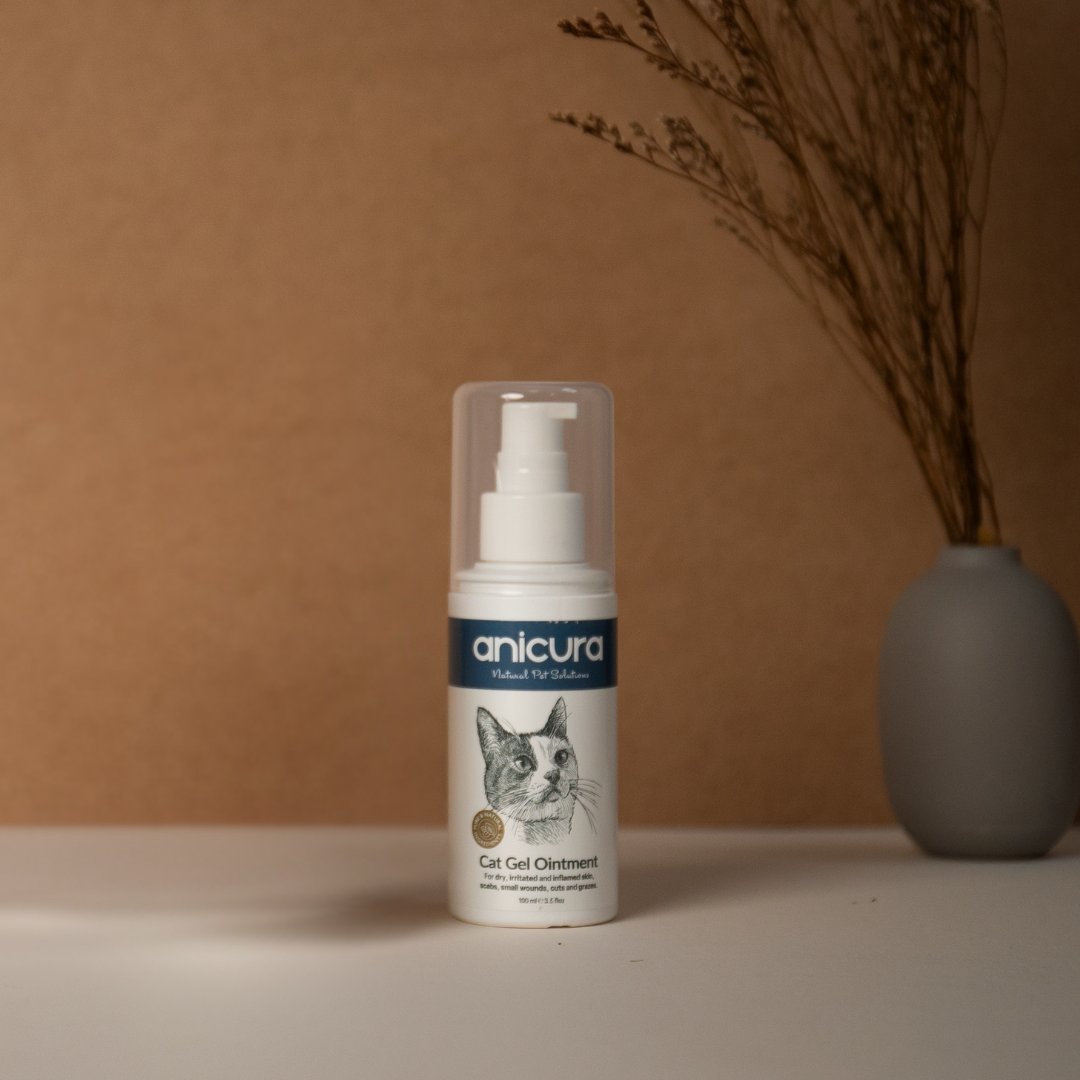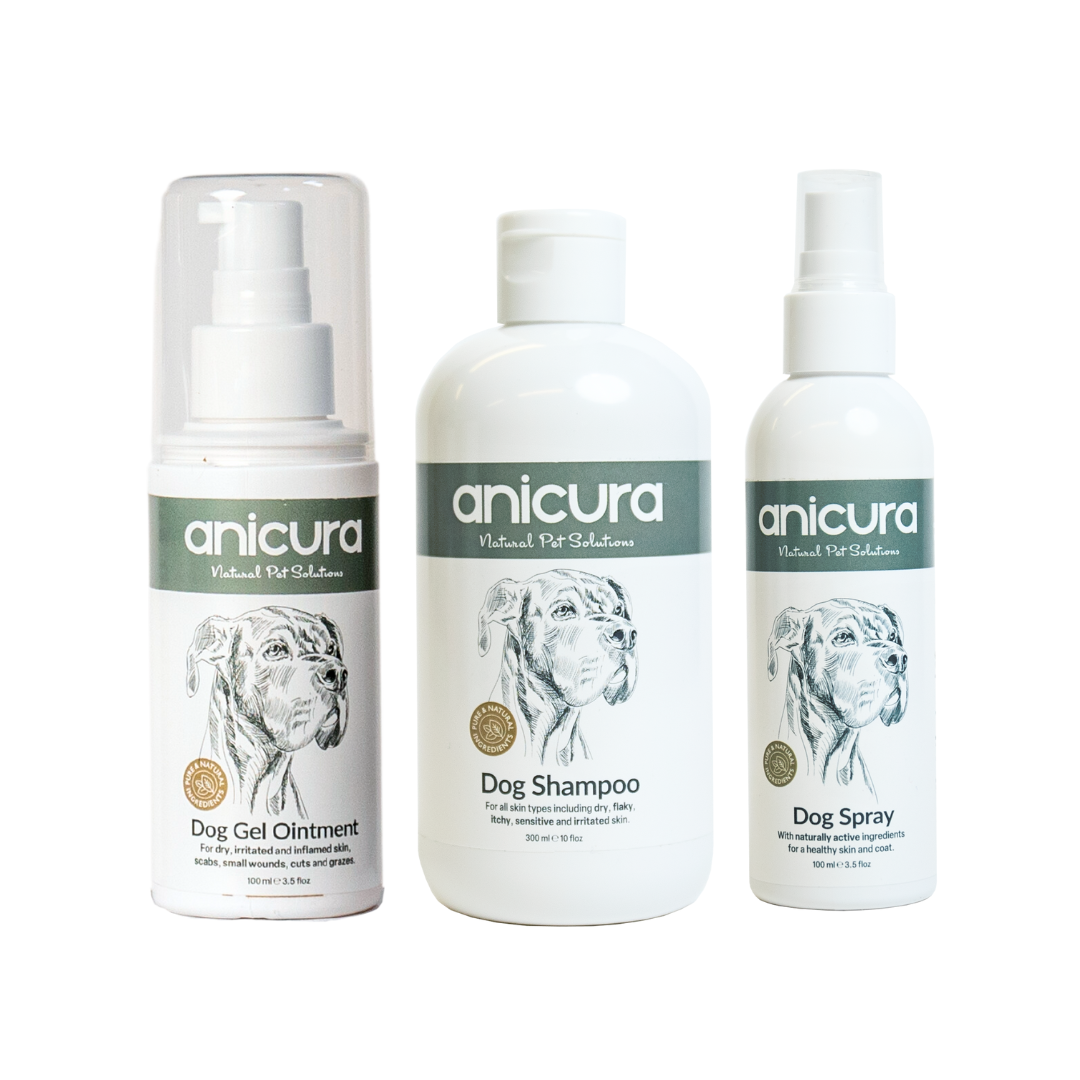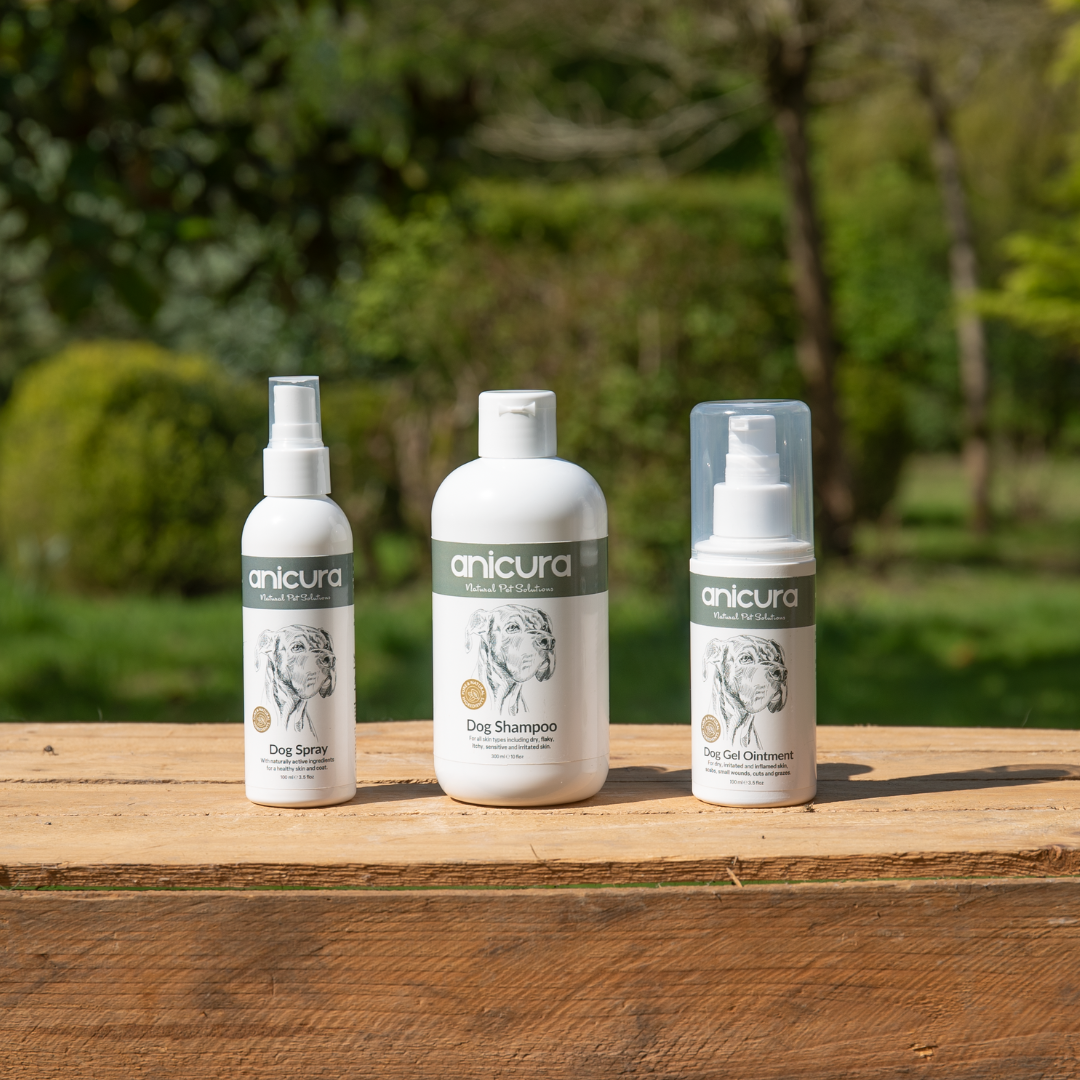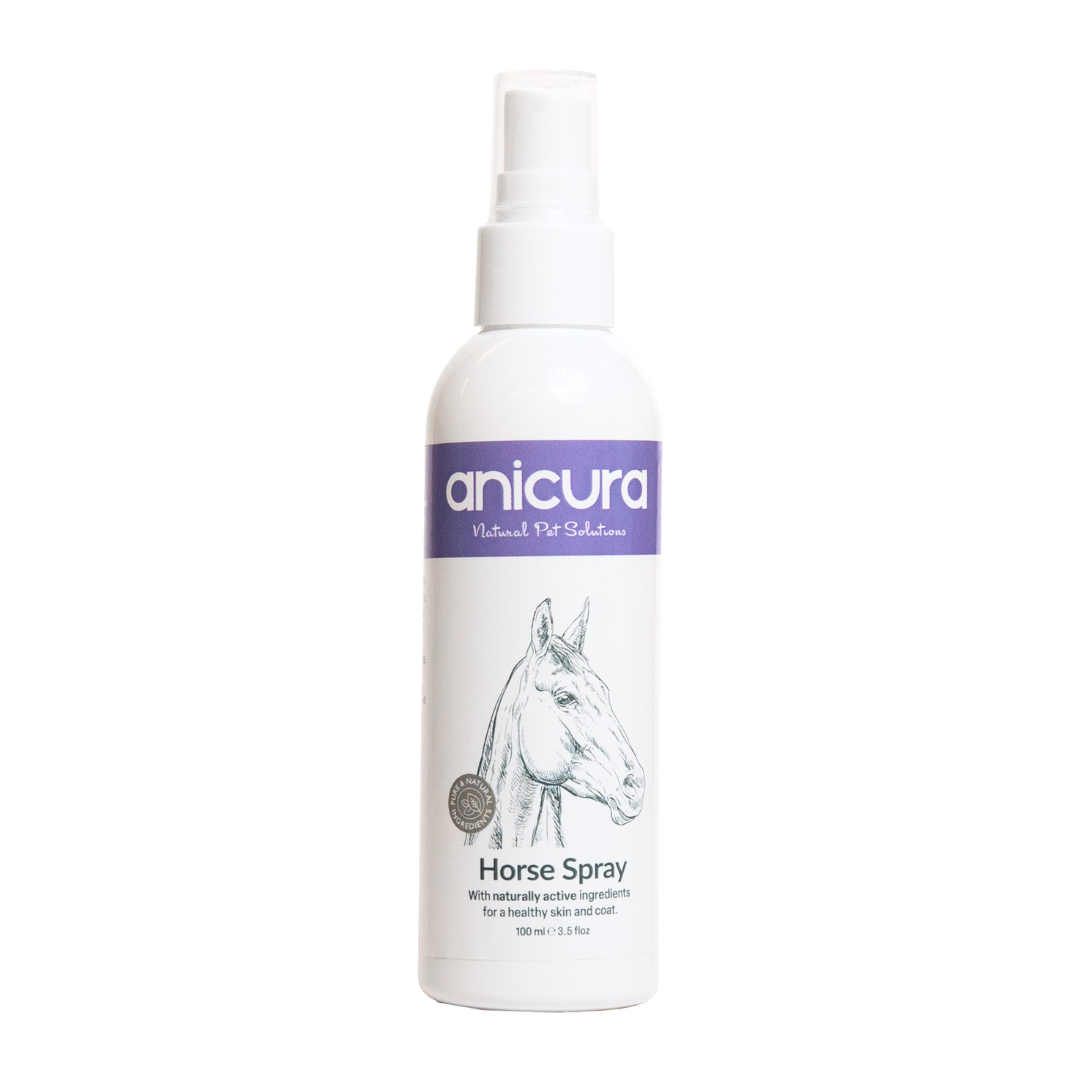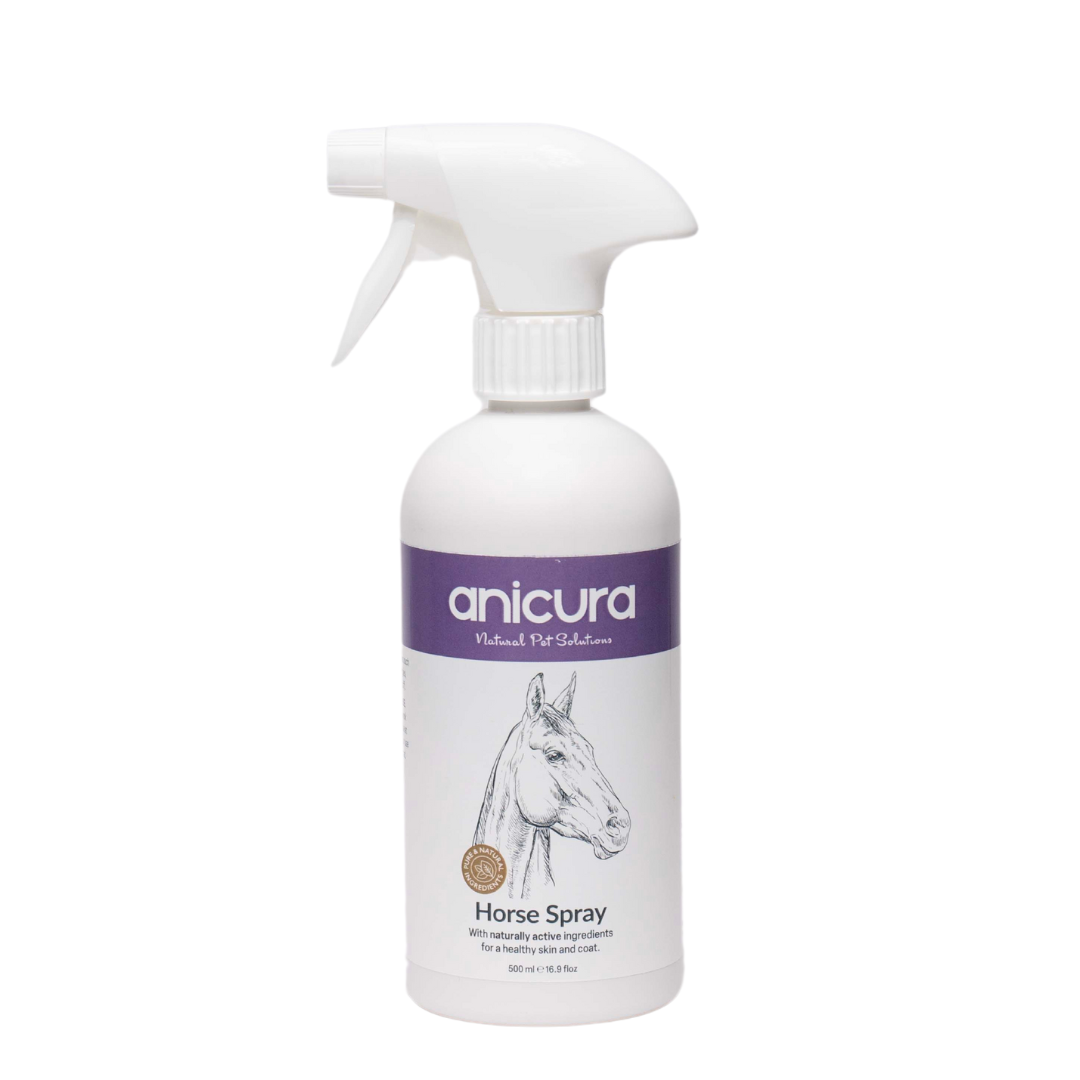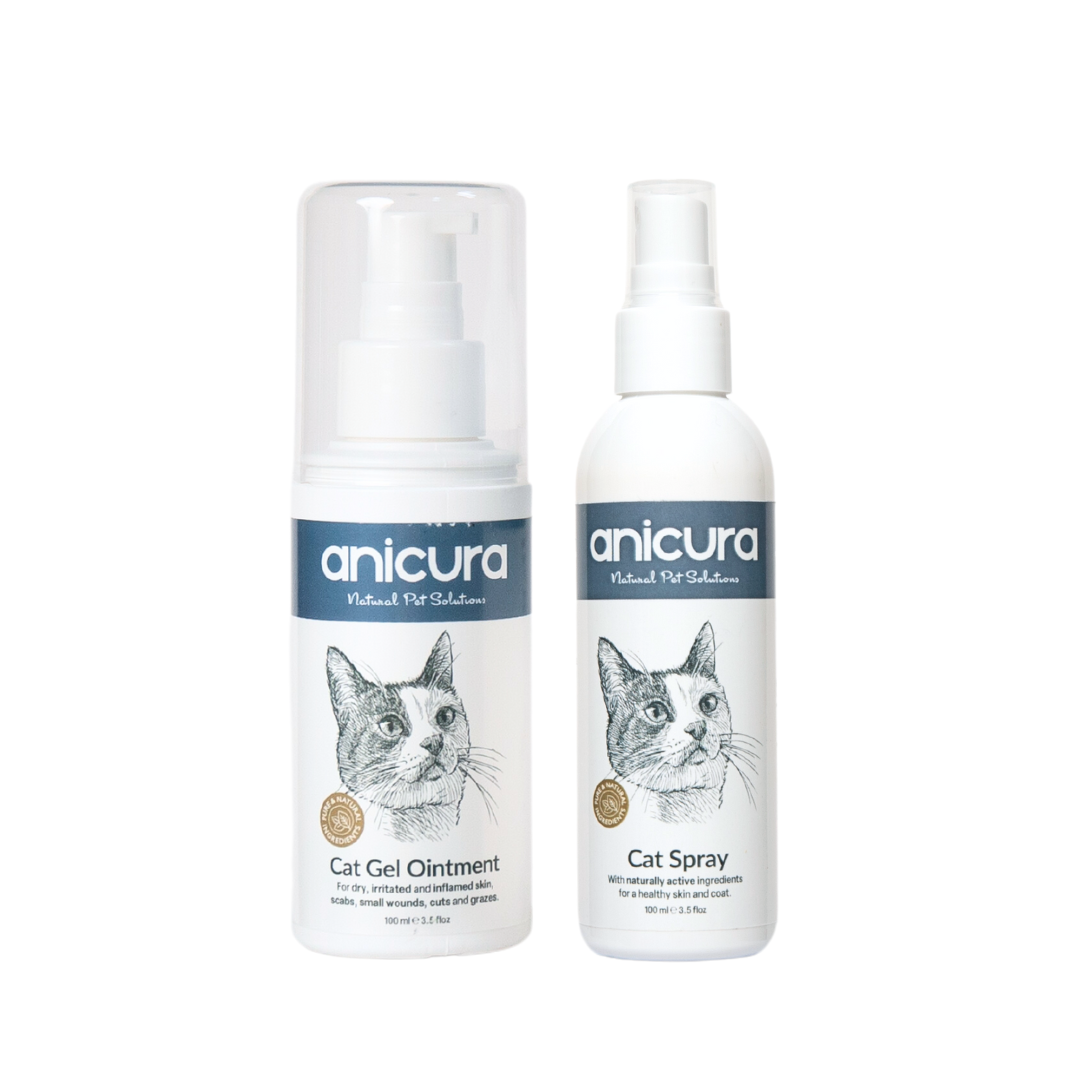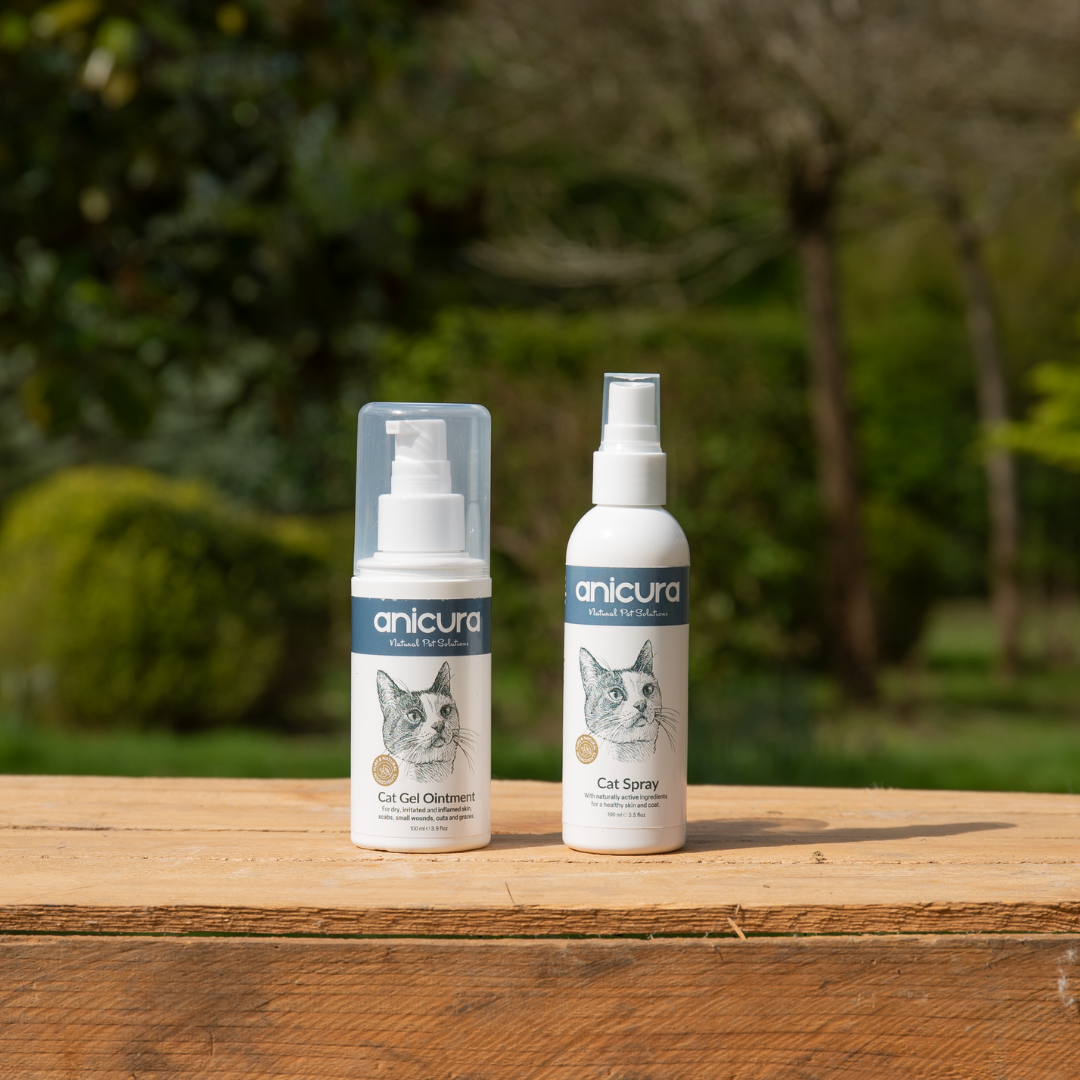As horse owners and enthusiasts, it’s important to be aware of common skin conditions that can affect our equine companions. Skin issues can range from mild irritations to more serious conditions that require veterinary intervention. In this blog, we will explore some of the most common skin conditions in horses, their causes, symptoms and available treatments.
Rain Rot:
Rain rot, also known as dermatophilosis or rain scald, is a skin infection caused by bacteria called Dermatophilus Congolensis. It typically occurs in humid or wet conditions and can affect any part of the body, from the rump to the face. Symptoms include thick, crusty skin and matted hair, and the skin can be painful to the touch.
In terms of the Anicura Horse Range, our Spray is perfect for instantly relieving and soothing raw skin as a result of rain scald. That's because it contains ingredients like peppermint, eucalyptus, tea tree and aloe vera, which provide a cooling effect and have antibacterial and moisturising properties. The spray function allows you to apply it to the affected area without rubbing or agitating the already irritated skin. The fine liquid formulation allows the Spray to penetrate the skin quickly, providing hydration which helps to soften scabs and promote healing. In severe cases, you may have to use oral or injectable antibiotics but consult with your vet first.
Sweet Itch:
Sweet itch, or summer seasonal recurrent dermatitis, is an allergic reaction to the bites of insects such as biting gnats and mosquitos. Horses with sweet itch experience intense itching, hair loss, and skin inflammation, particularly around the mane, tail, and face.
Management strategies include fly control measures, such as fly sheets and insect repellents, and soothing the affected area using our Gel and Spray. The Spray is a more potent anti-itch product and also has insect-repelling properties (so it is more suitable for the early stages), whereas the Gel is more soothing and healing for areas that have already been rubbed or scratched intensively. The Gel instantly relieves itching and forms a soft layer over the skin, protecting it and promoting healing underneath. In some cases, veterinary-prescribed antihistamines or corticosteroids may be necessary.
Maintaining cleanliness is crucial for managing sweet itch, and our Shampoo excels in this regard. It delicately cleanses the skin and fur, preserving their natural oils without causing any disruption. Enriched with soothing oat, calming chamomile, and moisturising Aloe Vera, it is a great choice for cleansing the sweet itch-affected area.
Dermatitis and Allergic Reactions:
Horses can develop contact dermatitis or allergic reactions to certain plants, chemicals, or substances they come into contact with. This can result in skin redness, swelling, itchiness, and discomfort. Our Anicura Horse Spray provides effective relief for horses with allergy-prone skin and itchiness. The Spray is specifically designed to break the itch/scratch cycle instantly as well as to provide immediate hydration. Through its 15 natural oils and extracts, it delivers essential nutrients to strengthen the skin and make it more resilient over time. In some serious cases, veterinary-prescribed antihistamines or corticosteroids may be necessary to manage the symptoms.
Scratches/Mud Fever:
Scratches, also known as mud fever or pastern dermatitis, is an infection of the skin on the lower limbs. It often occurs when horses spend a long time standing in wet and muddy conditions. Look for scabs on the heels or lower legs, matted hair or patches of hair loss with raw skin underneath, and a creamy white, yellow, or green discharge between the skin and the scabs. It is important to regularly groom, maintain a clean and dry environment, and to follow a good feeding routine to prevent mud fever. Regularly using our Shampoo to gently cleanse the skin and fur will help prevent bacteria build-up. Depending on the severity, treatment involves keeping the affected areas clean and dry, applying medicated creams or ointments, and sometimes using oral or injectable antibiotics.
Being aware of common skin conditions in horses is crucial for preventing and managing them. Our Anicura Horse Spray and Gel can support your horse's skin in finding its healthy balance again by providing effective relief, soothing hydration and deep nutrition. However, consult with a veterinarian for severe or persistent problems. Maintain cleanliness, take preventative measures, and seek professional advice when needed to ensure your horse’s skin stays healthy and your horse stays happy!





